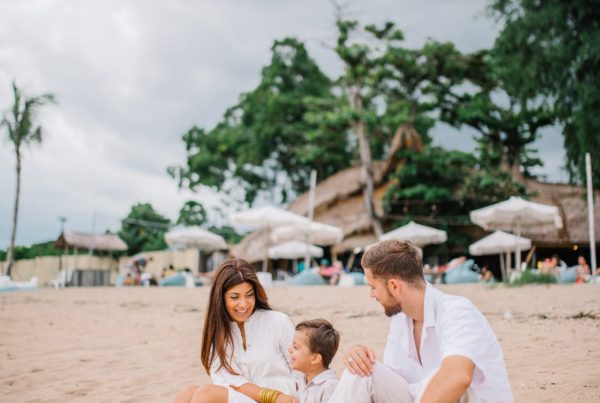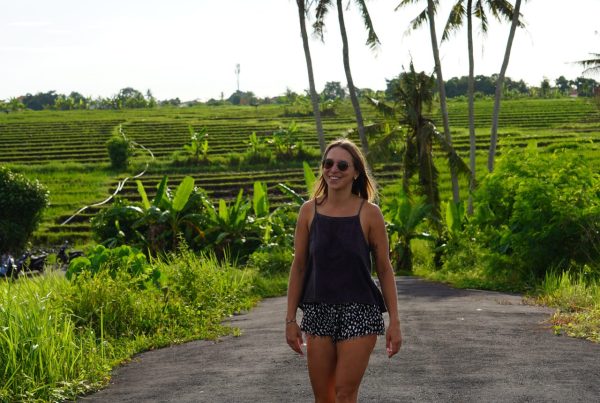Back in October 2023, David and I discussed his idea of trialling Bali for retirement. He mentioned he had an opportunity to take some long service leave from his teaching job and was considering living in Bali for six months. Having previously traveled to Lovina and Nusa Dua, David had some experience with the area. We had a great chat about his plans and discussed the areas he had researched for his stay, including Sanur, Lovina, and Ubud. We also covered topics like visas, housing, challenges, and much more.
Can you tell us a little bit about yourself? Where are you originally from?
My name is David. I have come to Sanur in Bali from Australia where I was, am still am, a high school deputy principal and science teacher. I have three adult daughters and a new granddaughter.
When did you first arrive in Bali, and what brought you here?
I arrived in March this year. I had done some volunteer teaching in Lovina last year and enjoyed the lifestyle and climate. I am approaching retirement and thought I would try Bali.
What motivated you to test a Bali retirement, and how did you go about making the decision to do so?
I was considering either Thailand, where I have also taught, or Bali. My original plan was six months in each location. I decided on a full year as it would truly allow me to see what Bali was like, particularly the weather.
How did you prepare for your retirement and the move to Bali? Did you encounter any challenges during the process?
In deciding on the move, I started by doing some research on the internet. It soon became clear to me that there was a great deal of information and opinions out there. The biggest initial challenge was trying to filter fact from fiction. There was too much information. Too many opinions. Often, these seemed to contradict each other. Visa, work options, accommodation, phone and internet access, money and finances.
The second big challenge was that I didn’t really know what questions to ask. I quickly realised that I needed help from someone who had done it before. As a science teacher, I thought Í needed to find an experienced expert. When I found Our Year in Bali and started reading the information, I quickly realised that I had found the answer. Much of the work had already been done by Simone at Our Year in Bali.
What was it like getting the support and information services from Our Year in Bali?
Getting information was, and continues to be, very straightforward. The website is clear and easy to navigate, and the packages are flexible for different needs. Once I signed up, I received a comprehensive set of documents covering all the steps I needed to make the move.
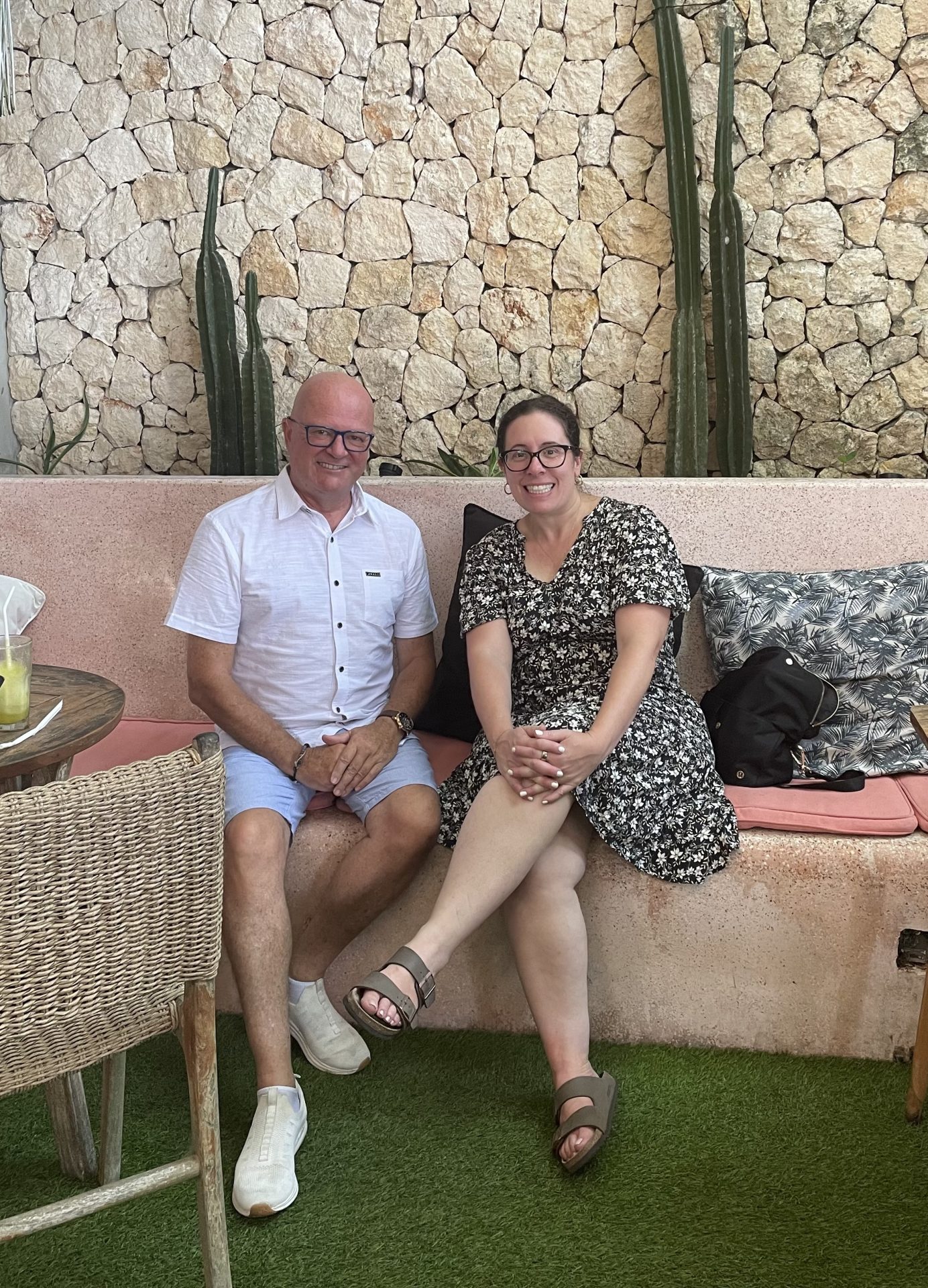
Where in Bali do you live, and what made you choose that location?
I am living in the coastal community of Sanur. My decision on Sanur was related to the lifestyle I was looking for. Sanur is quieter than some of the more well-known areas around Kuta and Legian. There is a beach path that runs the length of the coast from Mertasari Beach in the South to the Harbour in the North. This is a great place to walk with numerous cafes, bars and swimming beaches. You can watch the sunrise over the ocean while having a coffee.
I initially took a lease of 2 months on a more traditional Joglo style villa. This gave me time to look around and better understand the options. I have now moved into a brand new 2-bedroom villa that is literally amongst rice and melon fields. Sanur, whilst quieter than some areas has lots of facilities. A brand-new hospital is approaching completion. The Icon Bali shopping centre will open soon.
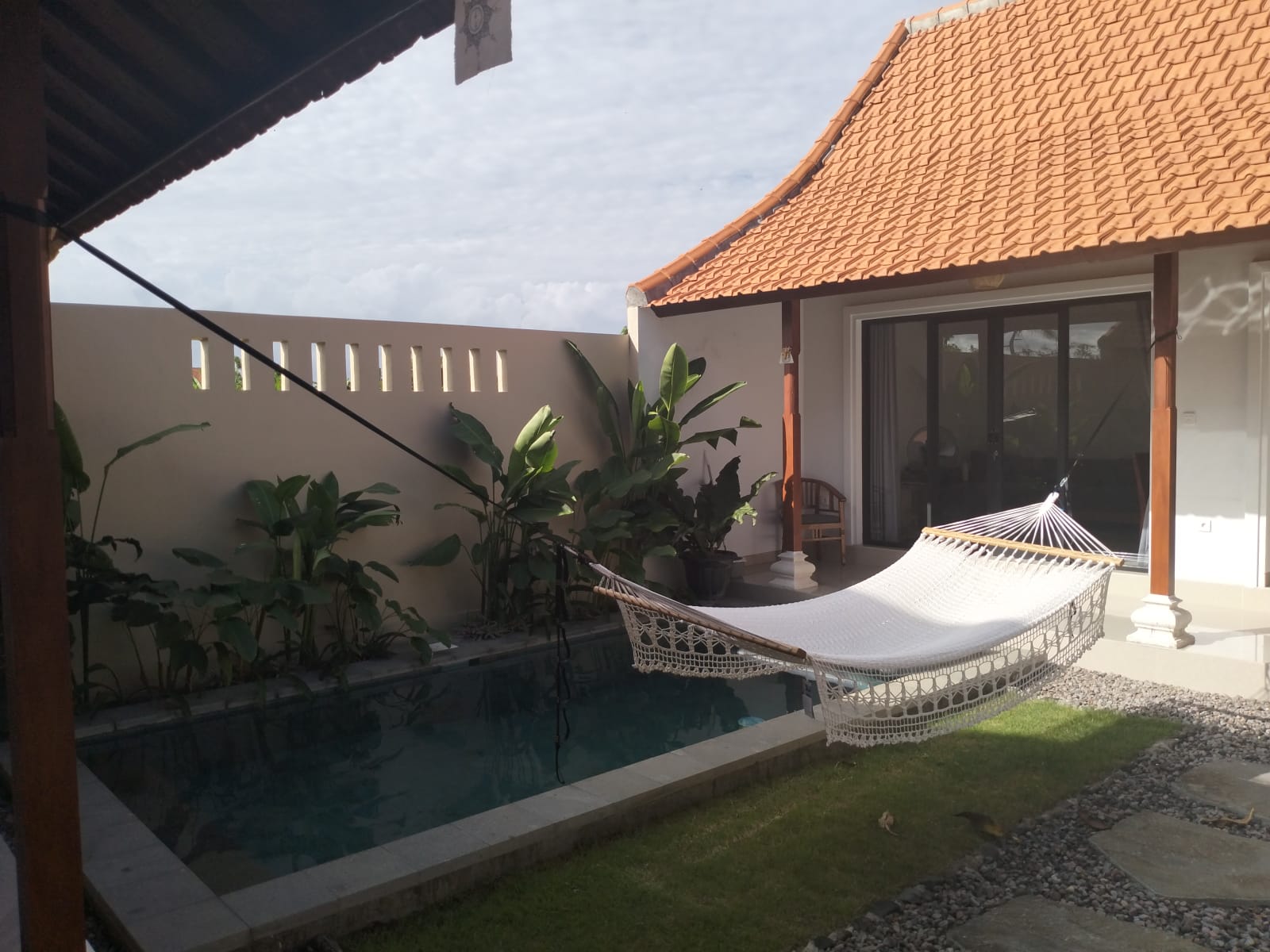
It’s been a few months since you started your trial retirement in Sanur, what discoveries have you made so far.
I have discovered lots of things. When I look back, many of them are mentioned in Simone’s documents.
Language. English is very common in the Southern areas of Bali; having said that, a little bit of Bahasa Indonesian goes a long way. Balinese society is very traditional and respectful. Showing respect by seriously attempting key phrases goes a long way. You see the smile when you take the time to try.
Food. I am a keen cook, but I have found that I don’t cook very often. Local and other cuisines are so available and inexpensive that it is easier to go out or order in. Having said that, you can find most things that you want. Fruit and vegetables that are in season are very cheap and available, but food that needs to be imported can be pricey. I have learned to adapt. There are lots of very good patisseries and bakeries.
Internet and phone access. My experience has been that it is very reliable, fast and cheap. WiFi is everywhere and almost always free.
Religious and cultural events. Bali is a very traditional society. There are lots of religious and cultural events. Try and keep track of these. They are great to go and see, and they can impact your day-to-day planning. If you see an activity or event, don’t be afraid to ask what is going on. The Balinese love to share and are very proud of their traditions and culture.
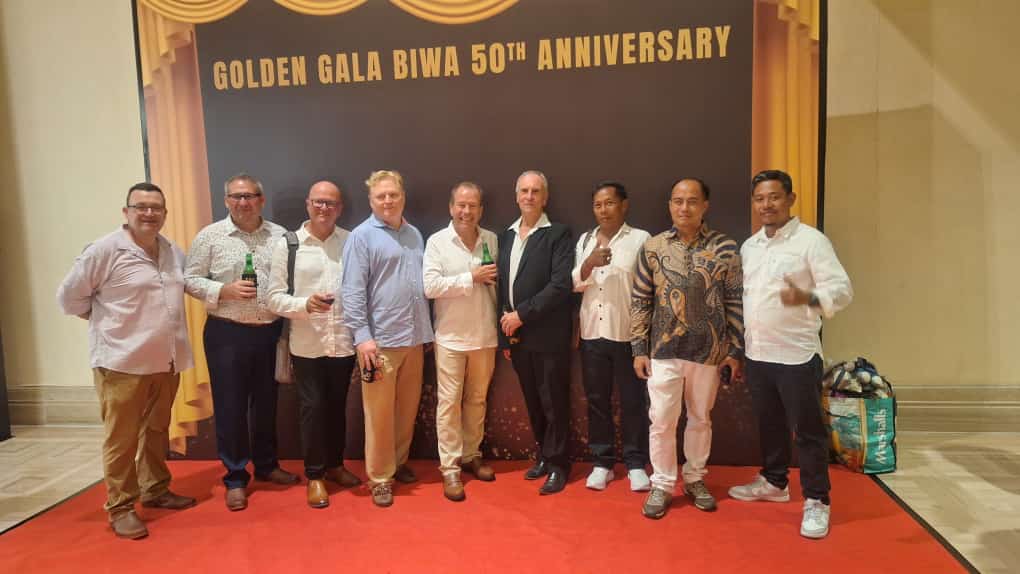
What are some challenges you face when living in Bali?
Accessing some services like phone, home internet, electricity, banking has been a challenge at times. This is mostly because the systems to access these services are quite different from Australia. Paying for these services has been the biggest challenge. They don’t always take credit cards. Having a local bank account has proven crucial. I have continued to refer back to OYIB and her key contacts list for help to solve these problems.
What tips and advice would you share about how to best settle in to Bali life?
Get involved! I made contact with some local groups by looking on Facebook. I joined a dining club that goes to a different Sanur restaurant each week. I now have a close group of friends. I joined a local choir. This is composed of expats and locals. This has provided me with another group of friends and things to occupy my days.
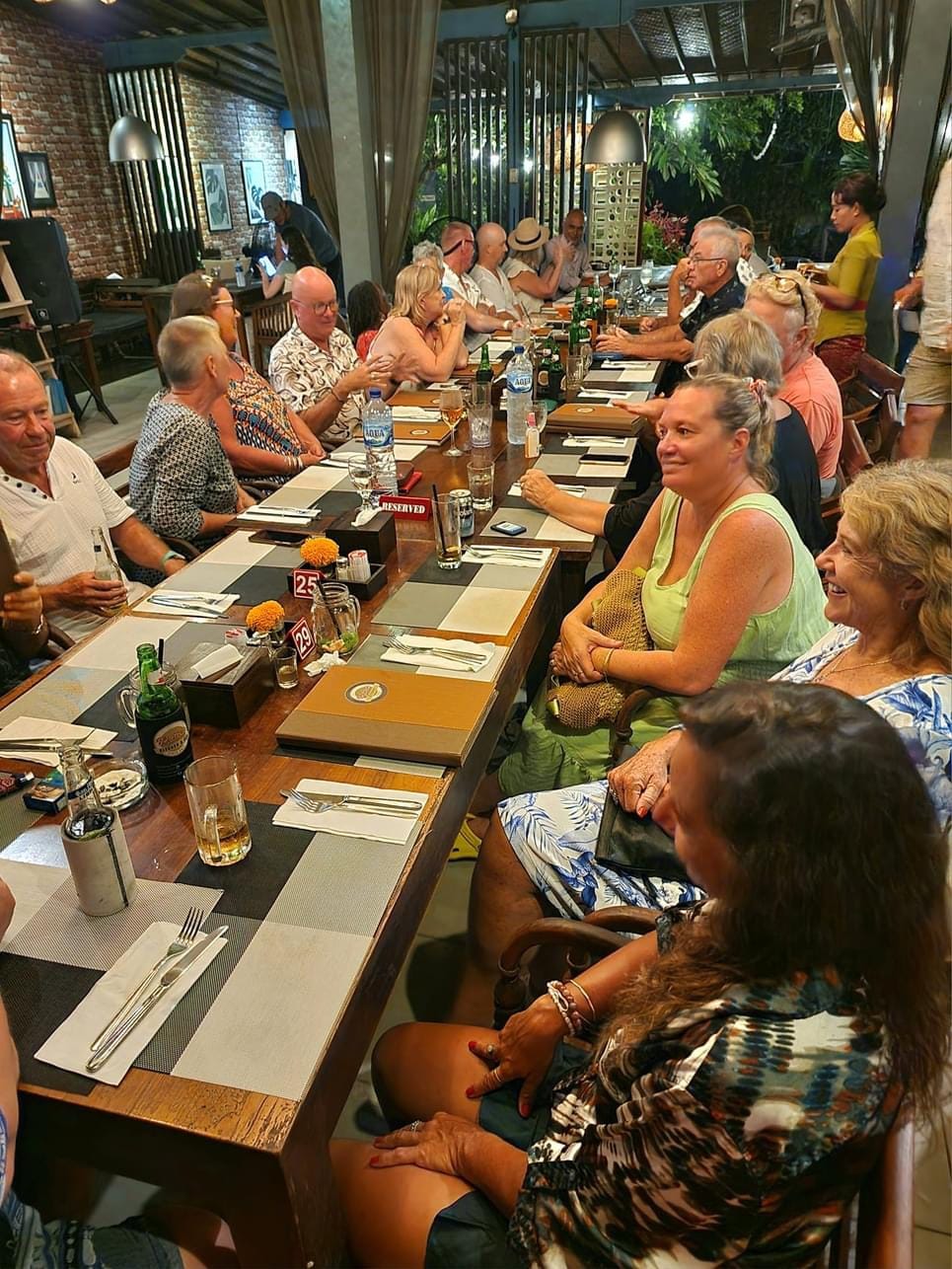
How have you adapted to the local customs and traditions in Bali, and what are your learning and enjoying from the experience?
I have not found this to be an issue. I take a ‘go with the flow’ view. I have found that the secret here is to ask. What is happening today? For example, I noticed that traditional wear was common on certain days of the week. I asked a waiter, and she happily told me that the locals are encouraged to wear traditional dress on particular days. I asked if it would be ok for me to wear something like that on those days. She said that would be very respectful. It is important to dress modestly in places where it is appropriate. Bali is a holiday destination and holiday clothing is the go but don’t roam into a religious site without considering you attire

What do you think are the biggest misconceptions about Bali, and how would you correct them?
Bali can be as inexpensive or as expensive as you choose. If you want to live like you do in your home country, you will pay a premium. If you are willing to embrace local food, and lifestyle, it can be very inexpensive. I would recommend a balance. The second misconception is the weather. It barely rains at all at this time of year.
Can you walk us through what a typical day looks like for you in Sanur?
I get up at about 6:30 and either have a light breakfast at my villa or head to the beach. Getting out early helps to avoid crowds and the heat. I read the paper or text my daughters. I normally head bake to my villa around 10:30 for a swim and to work on my online University course. Lunch at a nearby warung is common $3.50. I will then watch some TV or read a book. In the evening it varies. Sometimes choir, sometimes dining club, sometimes reading to my grand daughter online.
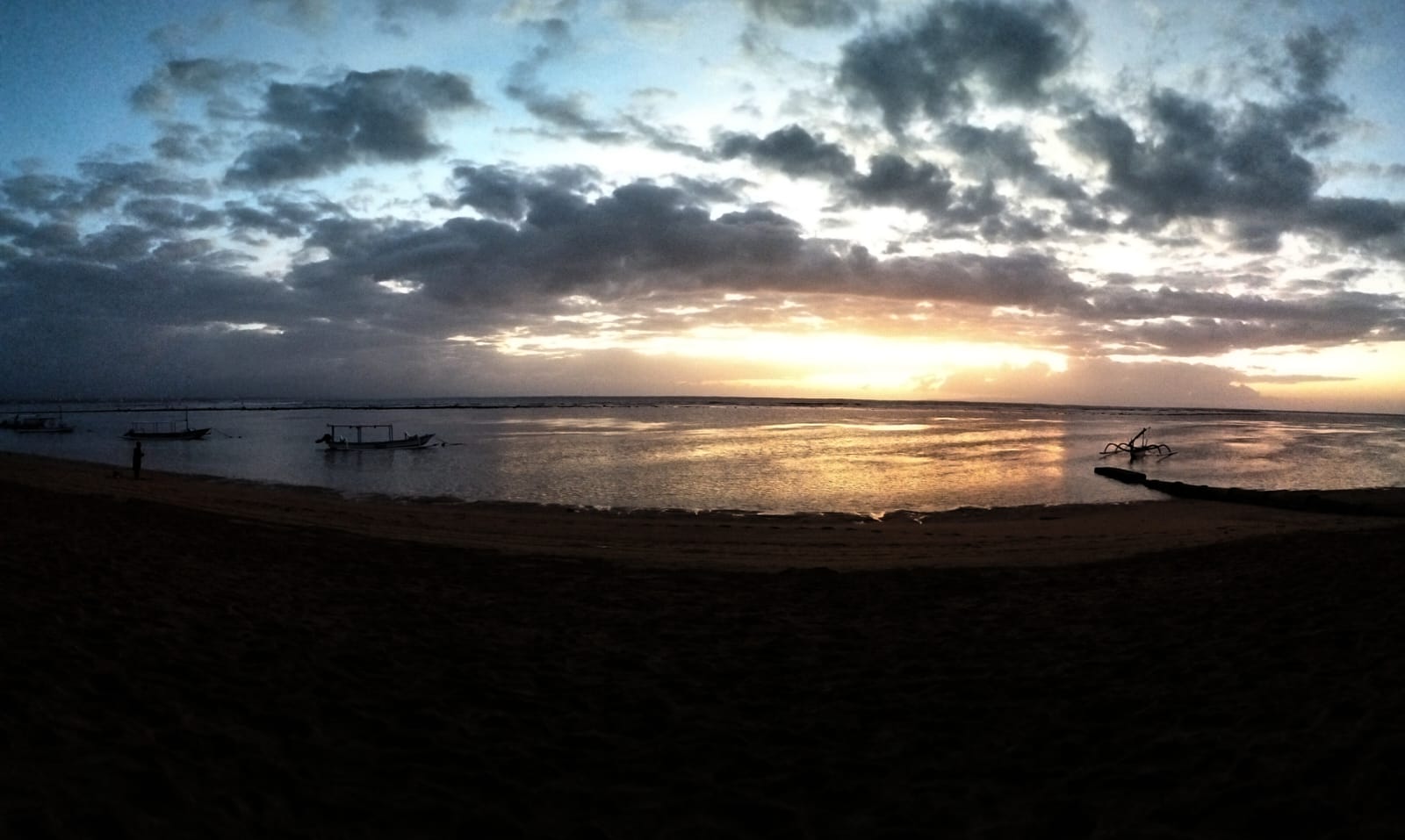
What would you say is the best thing about living in Bali?
The slow pace of life is the best thing about Bali.




